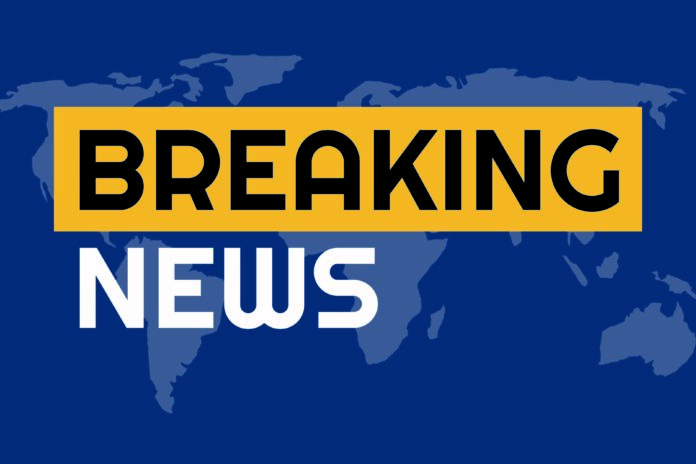While this may be a drop from last year’s 100th ranking, students still show love for their campus
UC Davis is no underdog on the global stage — the university was recently ranked the 104th best university in the world. In light of this achievement, students weighed in on the significance of university rankings.
The ranking, published by Quacquarelli Symonds (QS), took over 1,001 different universities into consideration. The list was released on June 18, just as the academic year wrapped up. UC Davis also secured other prestigious rankings from QS, including being ranked 31st in the nation and 13th among public schools.
“The campus stood out most for its academic reputation and — as an indication of the impact of its research — the number of citations per faculty member,” said Julia Ann Easley with UC Davis news and media relations.
Mariah Nibert, a second-year political science and Spanish double major, also weighed in on the ranking. She said that while college rankings can be indicative of the quality of education an institute provides, they should be taken with a grain of salt.
“College is really what you make of it,” Nibert said. “I think that UC Davis being ranked 31st in the nation is somewhat representative of the quality, in the sense that in my experience, classes have been wonderful and [that] speaks to the high ranking we have. However, I have also had experiences and classes that don’t reflect the quality that UC Davis prides itself on.”
Fourth-year applied mathematics major Ya’ara Trost took an alternative stance, stating that college rankings don’t say anything about a university’s prestige.
“A ranking solely gives people the ability to judge your intelligence and abilities based on absolutely nothing but the school’s name,” Trost said. “Each individual will be the most successful based on the programs, lifestyle, et cetera of a particular school that best fits them and their needs.”
Trost further added that even if a university is ranked “number one” it still may not fit each and every student’s specific wants and needs.
“Davis may be ranked 31st in the nation, but [maybe] someone who would not thrive in a city like [Berkeley] — the number one public university — would do extremely well in Davis,” Trost said. “Davis, and every school at that, will feel different to each and every person, and if we do rank schools, we should look at their specific strengths and weaknesses to better assess ‘quality.’”
Written by: Isabella Beristain — features@theaggie.org









